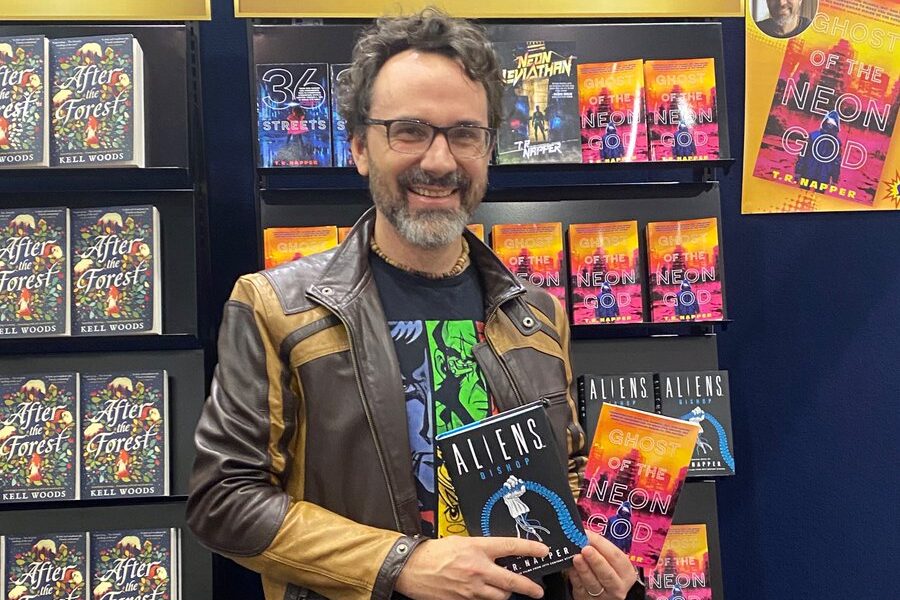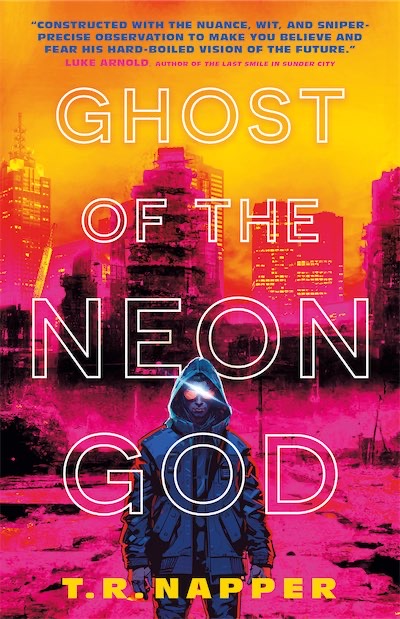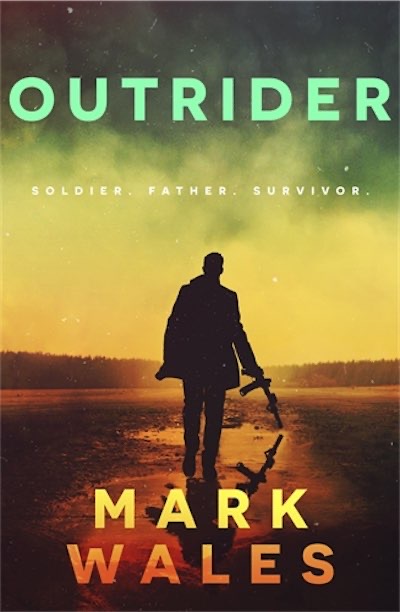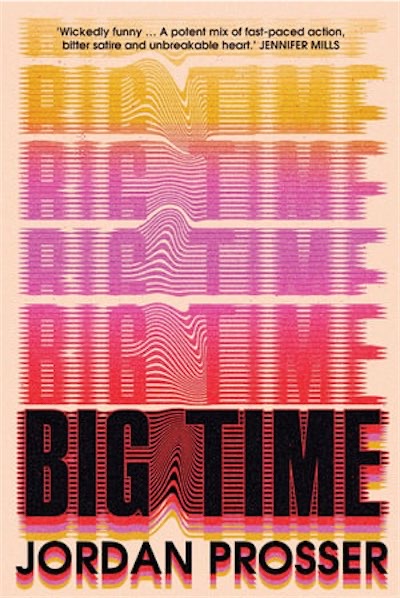
Expert COLIN STEELE examines three Australian science fiction (or speculative fiction) books that provide future scenarios that reflect fears about the impact of artificial intelligence, climate change and China’s growing power.
Science fiction or speculative fiction, never sci-fi, has always been a reflection of the public’s underlying fears.
Think of the novels of the 1950s that dealt with the Cold War between America and Russia and the fear of nuclear weapons. Three Australian authors are now creating future scenarios that reflect fears about the effects of artificial intelligence (AI), climate change and the growing power of China.

Former diplomat and development worker based in Canberra Tim Napper is the winner of the Ditmar and Aurealis Fiction Prize. He received a PhD in creative writing for his dissertation: noir, cyberpunk, and Asian modernism, elements that play a major role in his fourth novel, Ghost of the Neon God (Titan, $24.99). The novel is set in a near-future Australia dominated by government surveillance and corporate capitalism. China is the all-knowing world power.
Napper’s main character, Jackson Nguyen, is a petty criminal from Melbourne with a conventional cochlear implant. Jackson’s life is thrown into disarray when, while attempting to rob a wealthy Chinese woman, he discovers that she has implanted the world’s first empathic and self-aware AI into his brain, which the Chinese and Australian governments are desperate to acquire.
Jackson, initially unaware of his AI’s presence, flees from Melbourne to WA and hijacks the car of young student Sally, who reluctantly helps him escape from a series of corrupt police officers and Chinese agents.
They are increasingly being assisted in this by the emerging AI, which ultimately seeks its own individual liberation. Napper has pondered: “What is the formula for consciousness? For free will? Where is consciousness located?”
Napper, who currently works as a dungeon master and runs campaigns for young people with autism for an ACT charity, deftly juggles Ghost of the Neon God, a fast-paced cyberpunk narrative that explores questions of class, free will, populism and global domination.

Former Australian Special Forces Commander and winner of the Australian Survivor competition. Mark Walespublished his memoir, “Survivor,” in 2021, which became a national bestseller. His debut novel, “Outrider” (MacMillan, $34.99), is set in 2034, against the backdrop of a Chinese invasion of Australia in 2029 following a Taiwan war, although the local and global geopolitical framework is only sketchily outlined.
South-eastern Australia is in the hands of the Chinese, with their stronghold in Victoria. SA is a no-man’s land, the only free state being WA. Wales’ main character, Jack Dunne, an outrider, is part of a dwindling elite group of AUKUS-SAS soldiers. The last major Australian resistance is concentrated on “The Hill” in the Dandenong Ranges.
Jack’s wife was killed in this resistance and his main task is to protect his eleven-year-old son Harry while continuing to fight the Chinese and in particular the renegade Victorian militias. The involvement of the latter allows Wales to tone down explicit Chinese racial references.
Tacit American support is essential to the resistance, but depends on Jack’s survival as he faces and fights “death and destruction” in the style of Jack Reacher. The characterization is not deep, but the focus is on the plot, the confrontations and the military equipment. Wales succeeds in writing a novel on the level of a Tom Clancy thriller.

Jordan Prosser is a Victorian writer, filmmaker and actor. In his debut novel, Big Time (University of Queensland Press, $34.99), he imagines a near-future Australia, affected by climate change, divided into two territories. The Western Republic of Australia is connected to the rest of the world, while the Free Republic of Eastern Australia (FREA) is a conservative, almost 1950s-esque, dystopian autocracy with closed borders. Here, the internet is tightly controlled, cultural dissidents are jailed and immorality is punished.
Prosser’s main character, Julian, is a member of a successful rock group, but their second album is seen as a threat to the state. Julian, like many others, takes a designer drug: “F”, a synthetic hallucinogen administered in the form of eye drops that allows the user to see fragments of the future. Julian can see far more than most, but will his future be real and/or distort existing reality?
Prosser said: “Big Time looks at the responsibility of artists in times of great social unrest – should they lead the revolution or simply provide escapism?
“I also see this story as a lament about the end of (my) twenties – it’s about the scales falling from your eyes, how you see the world as it really is, and then deciding what – and who – you want to hold on to while the band plays you off.”
With its diverse narrative sections and far-reaching ambitions in terms of social commentary, “Big Time” ultimately becomes a kind of psychedelic trip itself.
Who can you trust?
In a world of manipulation and confusion, supporting independent journalism in Canberra has never been more important.
If you trust our online work and want to strengthen the power of independent voices, I invite you to make a small contribution.
Every dollar you support is reinvested in our journalism to help keep citynews.com.au strong and free.
Become a supporter
Thank you very much,
Ian Meikle, Editor
